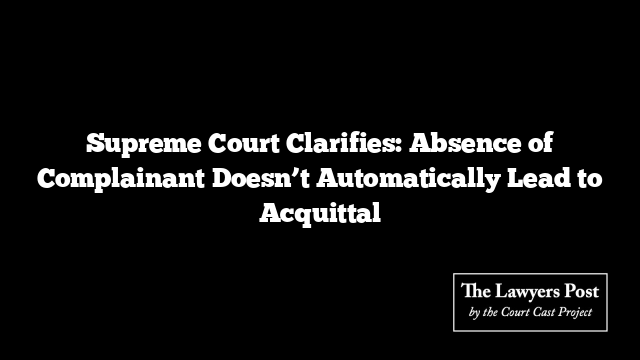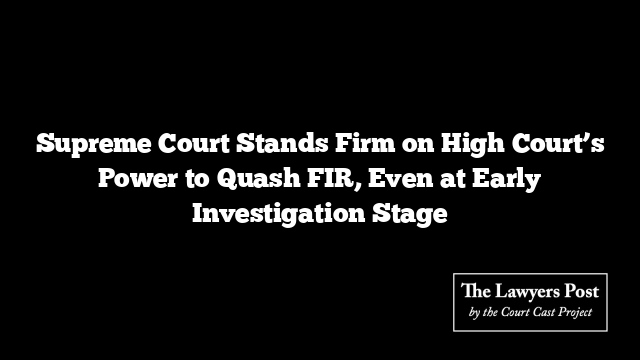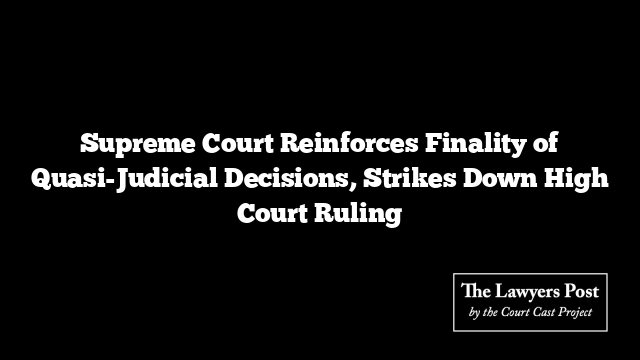The Supreme Court has ruled that the absence of a complainant does not necessarily result in the acquittal of the accused, in a significant interpretation of Section 256 of the Criminal Procedure Code (CrPC). This provision, which corresponds to Section 279 of the Bharatiya Nagarik Suraksha Sanhita (BNSS), has now been clarified to require a more nuanced approach when the complainant is absent.
The court emphasized that acquittal under this section is only appropriate when the complainant fails to appear on the date scheduled for the accused’s appearance. If the hearing is set for another purpose—such as for the complainant to provide an explanation for a prior absence—then the absence of the complainant does not automatically lead to acquittal.
In this case, the Supreme Court reviewed a decision where the Calcutta High Court had acquitted an accused after the complainant, a senior citizen, was unable to attend due to COVID-19 restrictions and his own illness. The trial court had previously dismissed the complaint due to the complainant’s absence, despite the High Court’s standing order that cases should not be dismissed because of COVID-related absences.
The Supreme Court found that the High Court had erred by assuming every dismissal under Section 256 CrPC warranted acquittal. The date in question was not set for the accused’s appearance but for the complainant to explain his prior absence, meaning that the trial court’s dismissal of the case did not justify acquittal.
The Court further noted that, while the trial court was procedurally correct in dismissing the complaint due to the complainant’s failure to attend, it had overstepped by dismissing the case altogether, disregarding a standing COVID-19 guideline that prevented such dismissals.
Ultimately, the Supreme Court revived the complaint, allowing the appellant’s revision petition to proceed with fresh consideration, ensuring that procedural fairness prevails, even in exceptional circumstances.





